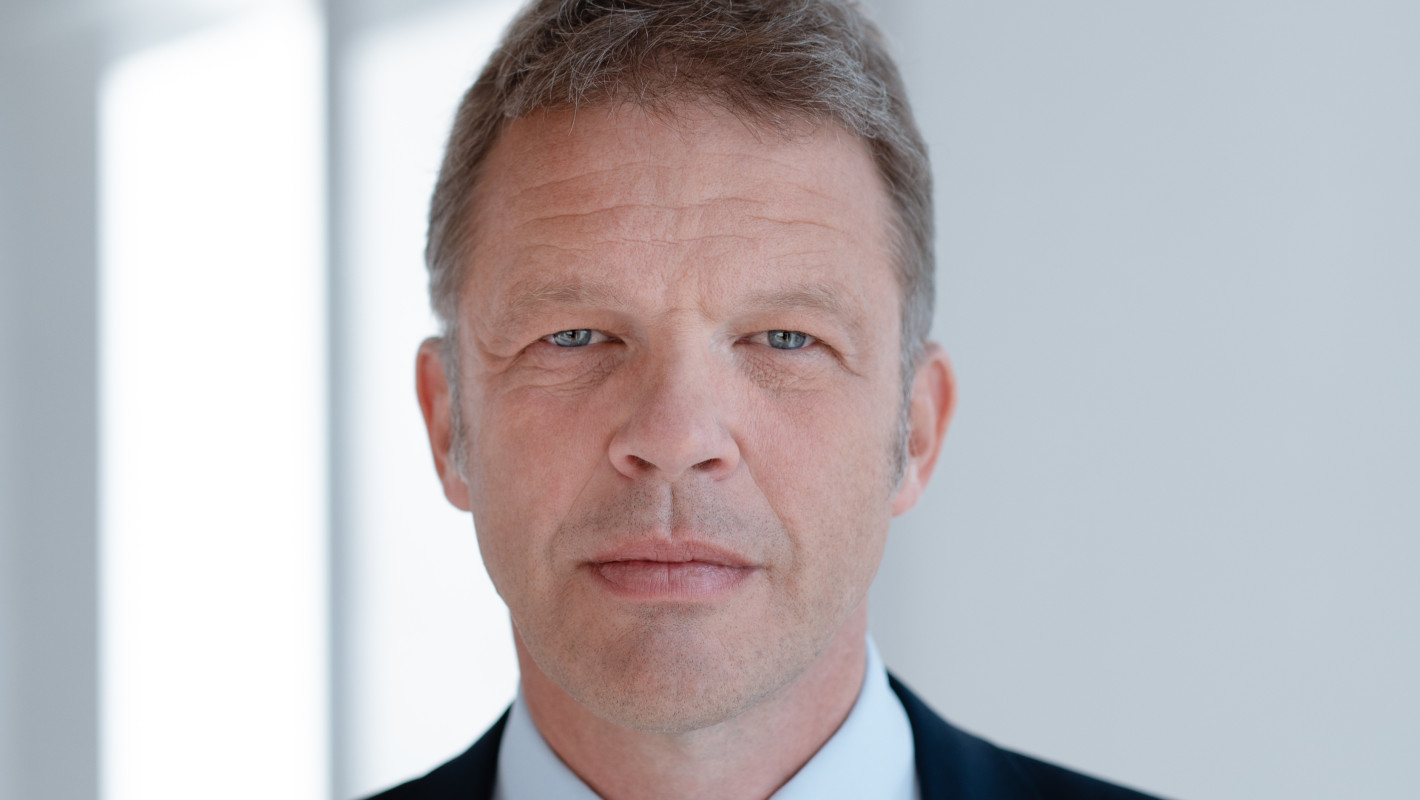Hamburg Commercial Bank to join the Deposit Protection Fund

- HCOB admission process successfully completed
- First changeover by a former Landesbank
- Association of German Banks calls for strong single European financial market
“The admittance of Hamburg Commercial Bank to the private Deposit Protection Fund marks a special step for Germany as a financial centre. It’s the first time we are admitting a former Landesbank. We are pleased that Hamburg Commercial Bank has successfully made the change,” said Christian Sewing, President of the Association of German Banks. Hamburg Commercial Bank had undergone a continuous review during a three-year transition phase, he added. “The process reflects the high standards of private deposit protection. The changeover by a former public-sector bank to the Deposit Protection Fund has been a convincing success.”
“By becoming a member of the Deposit Protection Fund, HCOB is beginning a new chapter as a private commercial bank. We’ve been working determinedly towards this day for the past three years. My thanks go to all those involved, whose commitment and energy have made this successful change possible,” said Stefan Ermisch, Chief Executive Officer of Hamburg Commercial Bank.
Since the beginning of 2019, Hamburg Commercial Bank – formerly known as HSH Nordbank – has been closely monitored by the Auditing Association of German Banks. It nevertheless initially remained a member of the Institutional Protection Scheme of the Savings Banks Finance Group. The beginning of 2022 will now see the seamless transition of the former Landesbank to the Deposit Protection Fund. Also on 1 January 2022, HCOB will join the statutory Compensation Scheme of German banks.
HCOB was privatised at the end of 2018. The buyers and associations agreed at the time on a three-year transitional phase to enable a switch to the private deposit guarantee scheme, which offers a significantly greater scope of protection than the statutory system.
At its meeting in Brussels, the Board of Directors of the Association of German Banks also addressed issues concerning the single European financial market. Along with capital markets union and banking union, discussions with representatives of the European institutions focused on the European Commission’s proposals for the 2021 banking package. Sewing stressed that when implementing the package, it was important not only to consider risks but also to take advantage of the opportunities for Europe.
“The transformation towards a sustainable and digital economy can make Europe’s economy more competitive in the global arena. Banks are an essential part of the solution and we are resolved to play our part,” Sewing said. “An attractive single European financial market is indispensable if we are to realise the potential of the banking sector and mobilise the capital Europe needs. We need to continue to make every effort to achieve this,” the association’s president insisted.

Contact
Thomas Schlüter
Head of Communication
